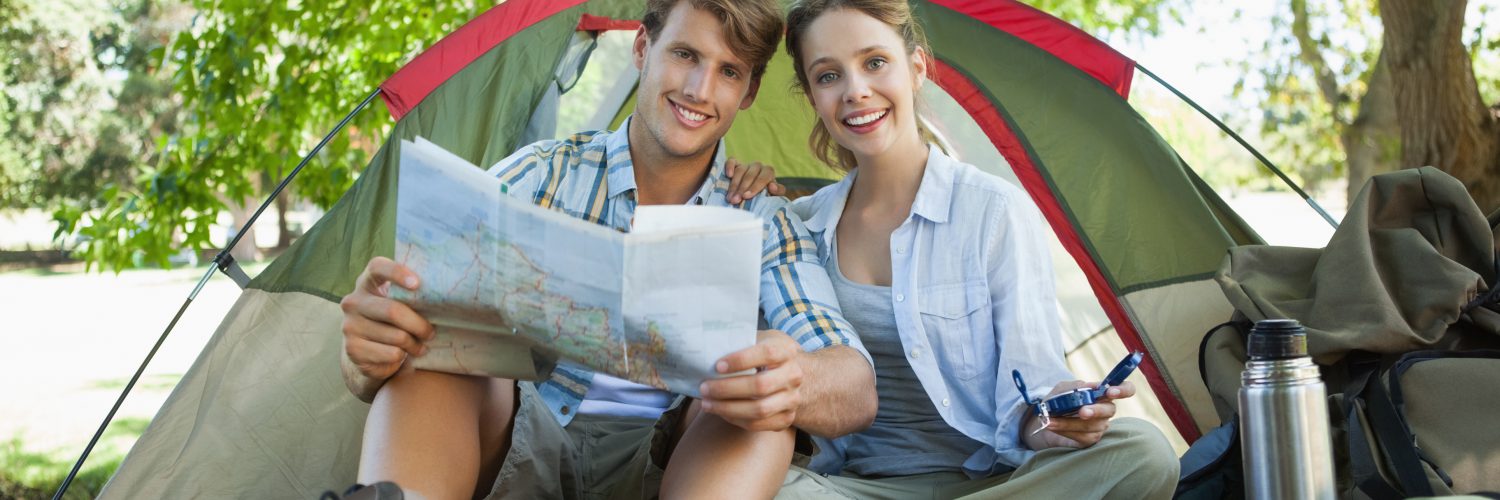Summer is a wonderful time to be outside. From the beach and lake to parks and campgrounds, there are endless opportunities to enjoy all the benefits of the outdoors while the weather is warm. While it’s great to soak up the sunshine and fresh air, it is also important to take steps to protect your skin while doing so. The sun’s strong rays, certain insects and pests, and plants like poison ivy can all wreak havoc on your skin if you don’t take precautions, hampering your summer fun. Read on for tips to protect yourself from each of these common yet frustrating causes of skin woes.
Protect your skin from the sun
Sunburn is not only painful, but each time you get sunburned, it can multiply your risk of developing skin cancer later on. Luckily, preventing sunburn is as simple as planning ahead and taking a few simple steps to limit your exposure to the sun’s damaging UV rays:
- Apply sunscreen with a sun protection factor (SPF) of 30 or greater at least 30 minutes before sun exposure. Reapply at least every 2 hours after first application, or more often if you are sweating or swimming.
- Even if you don’t have specific plans to be outdoors, it’s still important to apply a lotion or sunscreen with SPF to your face and body – the sun’s rays can cause damage even while just walking between stores or driving with your window down. Look for a daily lotion with SPF.
- Wear sunglasses with total UV protection.
- Wear wide-brimmed hats. If you already have sunburn, wear long-sleeved shirts and pants to prevent further skin damage.
- Avoid direct sun exposure as much as possible during peak UV radiation hours, between 10 am and 2 pm.
- Perform self-examinations on your skin regularly to become familiar with any existing growths (such as moles) and to notice any changes or new growths.
Protect your skin from irritating plants
Many of us have heard the saying, “leaves of three, let them be.” This is in reference to poison ivy, one of three common plants that can cause an incredibly itchy rash when your skin comes in contact with the plant, specifically the oil on its leaves, stems and roots. Not everyone is allergic to these plants; however, if you are, you will notice the rash forming within a day or so of exposure.
Poison ivy, and its cousins poison oak and poison sumac, are typically found in wooded areas; however, they can also pop up in gardens, at the edge of your yard, and in other spots with brush and weeds. The best way to prevent a reaction is to avoid the plant by knowing what it looks like and staying clear. Also keep in mind that you can develop the rash if you touch an object or pet that has the oil on them – so make sure to clean anything (or anyone!) that may have come in contact.
Other tips to protect yourself from these plants include:
- Wear protective clothing like long pants and sleeves if you’re planning to hike in the woods, do yard work or landscaping, or camp.
- If you may have been exposed, immediately wash your skin and all clothing worn to try and remove the oil before it can cause a reaction. Same goes for any pets that may have come in contact with the plants and their oils (they may not have a reaction, but if you touch your pet, you can still get a rash).
- Remove the plants if you find them in your yard, but make sure to wear heavy gloves and other protective gear when doing so. And do not burn the plants, as the oil can be carried by smoke and affect those breathing it in.
- Consider trying an over-the-counter product intended to protect your skin from the oils on these plans. Most pharmacies, outdoor stores and big box stores carry these ivy block barrier creams and lotions.
For more prevention and treatment tips for poison ivy, oak and sumac, check out these resources:
Protect your skin from bug bites, stings and more
Mosquitos and ticks, among other insects, can cause a nasty bite, but more importantly, they can possibly carry and pass on diseases including Zika, West Nile and Lyme (depending on where you live). By being vigilant and taking steps to prevent bites, you can protect yourself and your family.
- When working or spending time outdoors (especially during the hours when mosquitoes are typically biting), try wearing long sleeves, pants and socks to reduce your risk of being bitten. Experts recommend light-colored clothing to help you spot any critters hitching a ride.
- When indoors, use air conditioning and/or window and door screens to prevent mosquitoes and other insects from coming inside.
- Use bug spray on any exposed skin and on your clothing to make yourself less attractive to insects. To find the best repellent for you, check out this tool from the Environmental Protection Agency (EPA) to search registered repellents. The EPA and CDC recommend repellents that list any of the following as active ingredients – DEET, picaridin, IR3535 or plant-based oil of lemon eucalyptus.
- Use citronella candles to help repel mosquitoes and other bugs.
- Check yourself! After spending time outdoors, thoroughly check over your entire body for ticks – they especially like to hide behind knees, in armpits, and behind ears, among other spots. Removing ticks carefully with a tweezer within a few hours can ensure they haven’t had a chance to pass on any bacteria that causes disease.
For more information, check out the CDC’s guide on preventing bug bites.
Summer is and should be a fantastic season for outdoor fun of all kinds. By taking precautions to protect your and your family’s skin from common issues, you can help ensure you enjoy this summer to its fullest.



